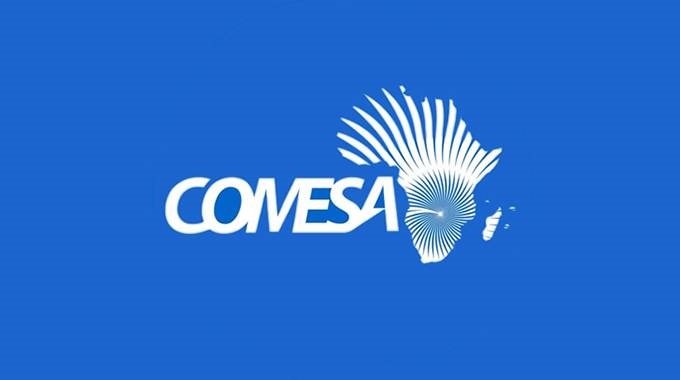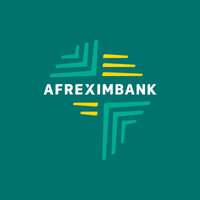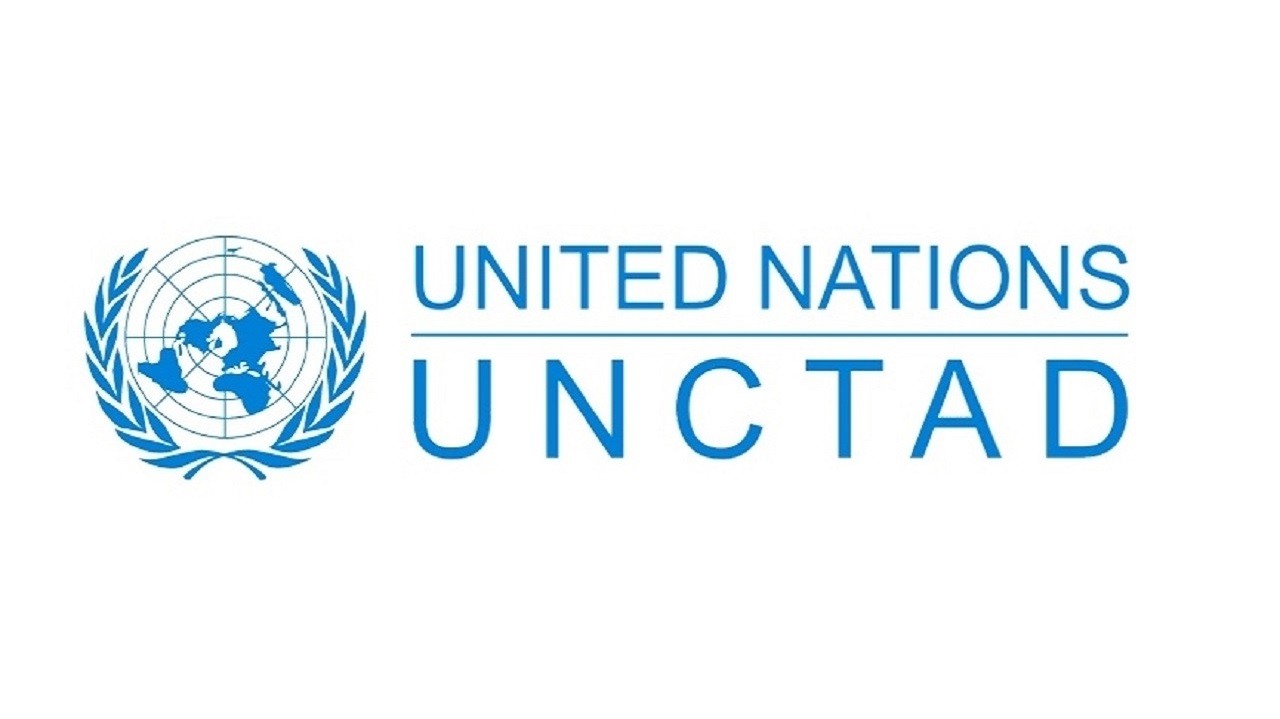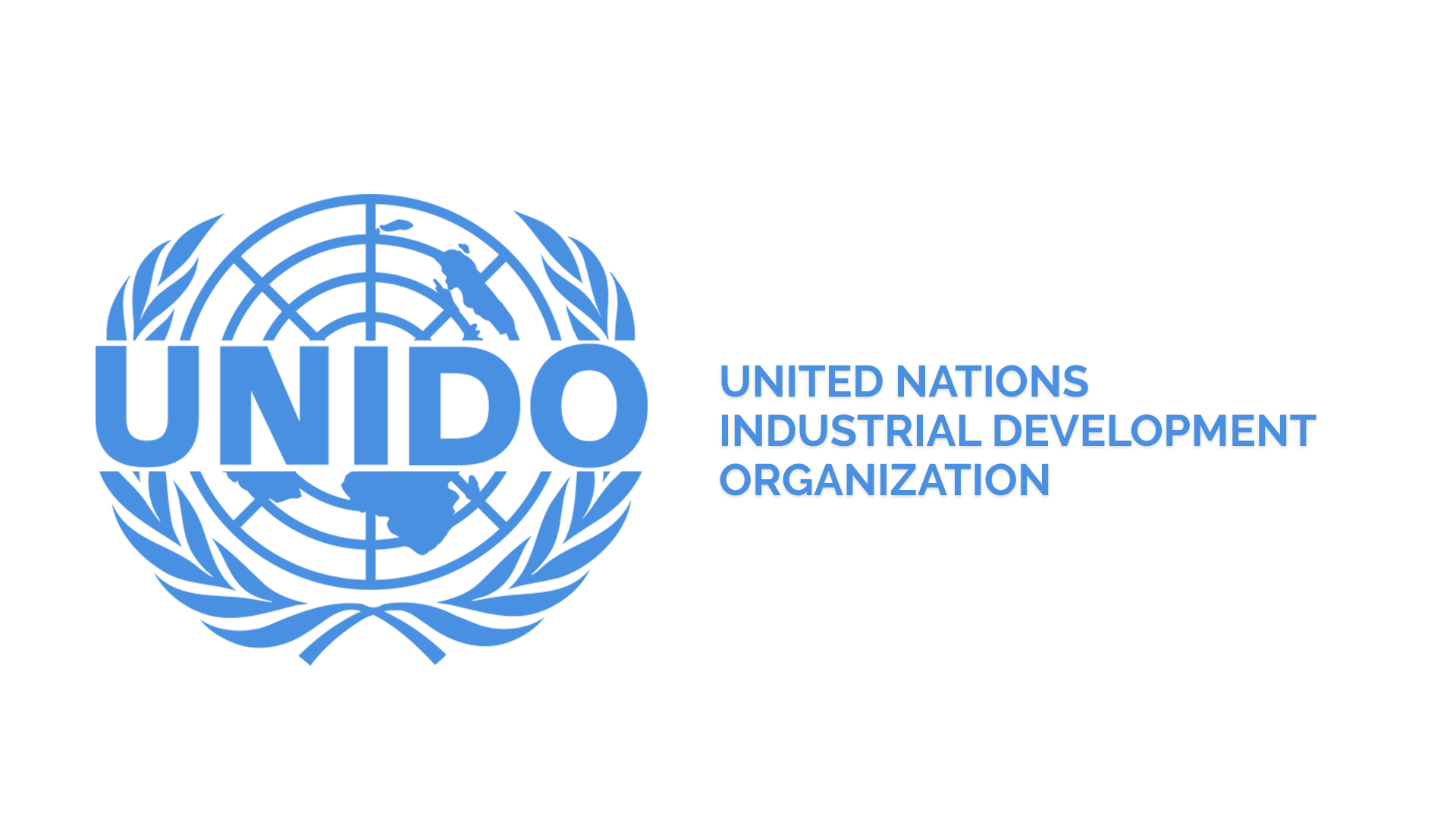TICAD9: Japan International Cooperation Agency and African Development Bank sign agreement to extend Enhanced Private Sector Assistance initiative for $5.5 billion

The Japan International Cooperation Agency (JICA) and the African Development Bank on Thursday signed a Memorandum of Understanding launching the sixth phase of the Enhanced Private Sector Assistance (EPSA6) agreement, which provides a framework for critical resource mobilization and development partnership for African countries.
Innovating Trade, Powering Growth: COMESA Strengthens Trade Ties and Regional Leadership in Nairobi

Let us work together to unlock the full potential of our common market and make regional trade more inclusive, efficient, and resilient. This was said by Kenya’s Principal Secretary for Trade, Ms. Regina Akoth Ombam, during the official opening of the 41st Meeting of the COMESA Trade and Customs Committee, which has commenced in Nairobi, Kenya.
Advancing Trade Facilitation in the Great Lakes Region

Members of the Regional Coordination Committee (RCC) for the Great Lakes Trade Facilitation and Integration Project (GLTFIP) met in Lusaka, Zambia from 14-16 July 2025 to review progress recorded so far. The meeting brought together key stakeholders from Burundi and the Democratic Republic of Congo (DRC), development partners, and project implementers.
COMESA Ministers Chart Path for Sustainable Infrastructure Growth

Ministers responsible for energy, transport, ICT and communications from the Common Market have endorsed a series of critical sectoral reports and action plans aimed at advancing sustainable infrastructure across the region.
African Development Bank awards $1 million grant to support green skills development for South Africans, with focus on youth

The African Development Bank, through the Fund for African Private Sector Assistance (FAPA), has awarded a $1 million grant to South Africa’s National Business Initiative (NBI) to strengthen efforts to build a dynamic, demand-led skills ecosystem that enables South Africans, particularly young people, to access emerging job opportunities in the green economy.
Ethiopia: African Development Bank approves $50 million Trade Finance Transaction Guarantee Facility to Awash Bank for support to SMEs and local corporates

The Board of Directors of the African Development Bank Group has approved a $50 million Trade Finance Transaction Guarantee facility to support to trade finance activities of Awash Bank S.C. (Awash), in Ethiopia.
Algeria deepens trade ties with other African countries as it gears up for Africa’s biggest marketplace

Algeria is working towards increasing its share of trade with other African countries by tapping into opportunities created by the African Continental Free Trade Area (AfCFTA).
African Development Bank and Mozambique collaborate to maximize country portfolio performance and economic transformation

The African Development Bank and the Government of Mozambique have completed a joint 2025 Country Portfolio Performance Review (CPPR) - setting the stage for maximum impact of the Bank’s $1.3 billion active portfolio in the country.
Africa: Foreign investment hit record high in 2024

The latest World Investment Report from UN Trade and Development (UNCTAD) highlights a significant rebound in foreign direct investment (FDI) inflows to Africa.
Italy and UNIDO partner to transform Tunisia’s vocational training system in support of youth employment & sustainable development

The Italian Cooperation and the United Nations Industrial Development Organization (UNIDO) signed today a new funding agreement in Tunis for the launch of the project “Tunisie Professionnelle - Renforcer l'emploi en Tunisie par une formation professionnelle dynamique”.




